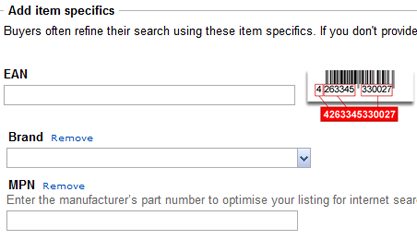 In the latest UK seller release eBay have announced that in specific categories, making it easier for buyers to quickly find what they’re looking for.
In the latest UK seller release eBay have announced that in specific categories, making it easier for buyers to quickly find what they’re looking for.
Product Identifiers include Manufacturer Part Numbers (MPN) and Global Trade Item Numbers (GTIN). GTINs include European Article Numbers (EAN) and International Standard Book Numbers (ISBN).
This requirement will apply to all new and manually relisted listings plus any listings in which you revise the Global Trade Item Number, Title, Category, Item Specifics or Condition.
Time line
From early June
Start including product identifiers for new branded and manufacturer refurbished items in affected categories to enable buyers to find your items more easily.
From 29 June
You must include product identifiers for single item listings in affected categories to complete your listing. This applies whenever you manually relist, or revise certain fields within, existing eligible listings too.
From 1 September
You must include product identifiers for listings with variations in affected categories to complete your listing.
Why bother?
eBay say that listings that include product identifiers on average receive better search visibility both on eBay and possibly more importantly on outside search engines. In other words eBay will be forcing you to make your products Google shopping friendly and that should get you more sales!
Affected Categories
| Baby | Books, Comics & Magazines | Business, Office & Industrial |
| Cameras & Photography | Clothes, Shoes & Accessories | Computers/Tablets & Networking |
| DVDs, Films & TV | Health & Beauty | Home, Furniture & DIY |
| Mobile Phones & Communication | Music | Musical Instruments |
| Pet Supplies | Sound & Vision | Sporting Goods |
| Toys & Games | Vehicle Parts & Accessories | Video Games & Consoles |
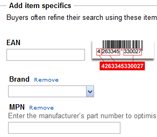
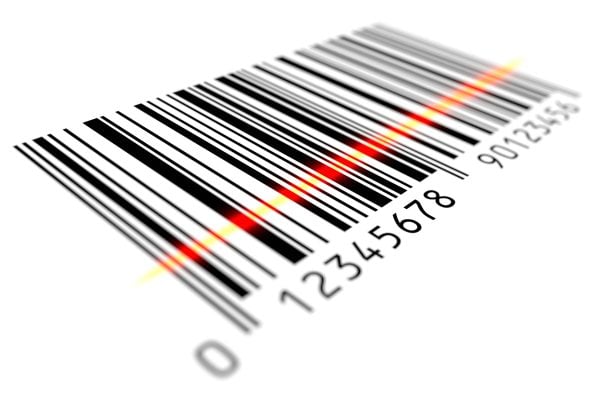
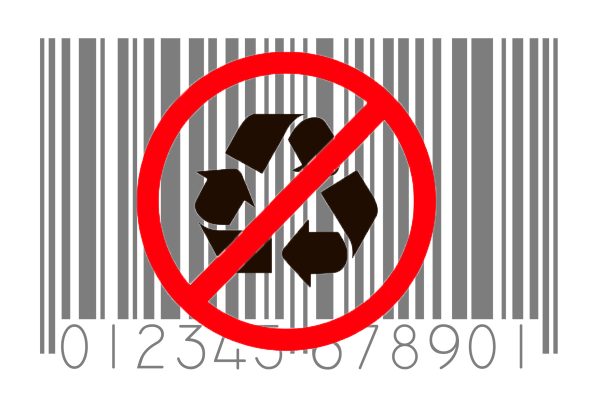





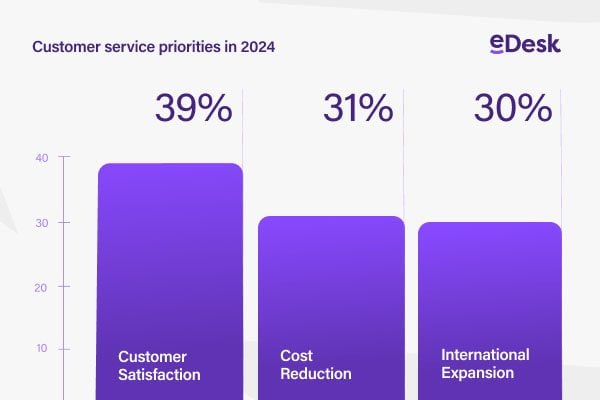
21 Responses
Isn’t this what Amazon already does? I don’t think this will be good news for those that sell generic unbranded products on eBay. I assume if they are in an affected category they will need to go purchase barcodes for their products?
It’s already chaotic on Amazon with made up EAN numbers to ‘claim’ exclusivity on a product listing and international variants of the same products being listed by sellers in different countries across Europe.
Confusion reigns in several categories already and it is rapidly turning into a complete mess on Amazon with the category people unable to manage this and the automation makes little real difference.
Ebay as usual simply do not understand how to run an online business as EANs may help search spiders but for a customer nothing will ever beat a good, succinct product description with decent photos.
More work for eBay sellers for little real benefit to our customers and few customers ever use an EAN or GTIN to find an item in our experience.
How about fixing the eBay search function first so I can actually find what I want on the site and simply dump that best match crap!
Oh and then at the same time clean up the site where people have spammed complete categories with complete garbage that should be listed elsewhere.
How about it eBay – is it so hard to manage these simple basic things or are you just as useless and incompetent as ever?
We all know the answer don’t we …….
Product identifiers are required for new branded and manufacturer refurbished items only right? Not used pre-owned?
Today all New Books have an ISBN. Since World War II the ISBN system has been developing and is now generally a reasonably good system.
However if you sell older books such as Victorian or early 20th century books published up until the introduction of ISBN numbers then the situation is far more complicated.
Many Books had no numbers at all. Some publishers had their own number system that often started at No 1 and continued upwards with each book published by the publishing house. So what is going to happen in these cases.
Also remember that in the early days of ISBN the publishers used to hide the numbers, often in the smallest sized print that they could find inside the book. So if you did not know that fact you might look at the cover, not find the ISBN, and try to list it without an ISBN.
Let us take an extreme example. A Medieval Bible hand written and illustrated by Monks in a Monastery. Such a Book is very much a one-off and is probably unique and could be worth many thousands of pounds to a collector . So is ebay going to refuse it being listed because it does not have an ISBN? In case anybody thinks that I have in stock Medieval Manuscripts I do not but in my store-room I have several titles that pre-date the introduction of the ISBN and many where the ISBN was hidden, although I have found most of them.
If it also became compulsory for every listing to have a photo can ebay explain why its catalogue is currently wiping the photographs on the catalogue wholesale.
Are these going to be in addition to EPIDs or replacements? If they are replacing then that seems a significant failure from eBay’s perspective. If they are in addition, what happens when there is a EPID/Product Identifier conflict?
Not another poorly thought through management decision!
When smart phones came out apps to scan a barcode from the box in a shop and then search the internet for the cheapest price cost high street shops millions in in lost sales and having to discount the goods to match the internet best price.
Now eBay want to do the same thing with their website give the buyer all the information they need to find it cheaper elsewhere are the people in charge determined to drive the buyers away what a silly idea any retailer who sells on eBay can do it 10% cheaper on their own website and save eBay’s fees now eBay is introducing a way for the eBay buyers to find the same products on the retailers website and then buy direct saving the buyer 10% and the seller will make the same classic fail
This will only work if ebay provide some kind of standard to meet. In Toys and Games, some manufacturers use different codes, for example using an EAN to identify a range, but using a separate MPN number to identify the exact product, or issuing multiple colours under the same MPN or EAN. I have seen manufacturers issue a product with a 3 letter prefix to identify themselves, and later just issue with the number and no prefix, alternate between both options without rhyme or reason or move from 4 number codes to 5 number codes for exactly the same product. So which code does the seller enter, and are we going to need to stay abreast of every code change a manufacturer decides to make? How do we decide which code to use to gain the most search results? If all sellers are putting in different codes and making different choices all that will result is mayhem. MPNs in particular are quite unlike ISBN numbers which all meet a set international standard.
Most sensible sellers already put codes in the title anyway. Feels like overkill on ebays part.
This product identifier update is a major change — being announced just 10 weeks before it goes live and will take down approximately 10,000 SKUs for us — and without any seller tools to support the change and make updates.
Building an inventory on eBay is a painstaking task that takes months to complete and get into good shape. To make this scale of changes in such a short time is a massive burden on our business — we’ll need to relist something like 200 listings a day for 10 weeks — approximately a staff cost of £20k.
The right way to do such a change is gradually, with lots of notice and with the right tools to support the change.
I’ve just had clarification that this affect new and manufacturer refurbished items only, so I am now a little more relaxed about this release.
Lucky for us with a lot of second-hand stock. Unlucky for any sellers with a large inventory of new items.
Hopefully we’ll have some more clarification on the exact details of the release and some tools to support sellers.
Ideally these tools and the exact details would be live when the release goes out so that this period of panic and despair can be sidestepped and our efforts somewhat more productive.
for any of you with a large number of SKU’s to contend with, you can;
download all “active items” from file exchange.
harass your suppliers for data spreadsheets .
use a “vlookup” formula to populate “PRODUCT:EAN” header in file exchange csv
(ask google if you’re not familiar with the vlookup function)
i’ve populated about 3000 SKU’s this morning, which is around 80% of our store. the rest are going to take a lot longer.
I print t shirts to order with about 200 different designs. The t shirts I print on are blank and the designs I put on them are my own. So how can I continue to sell on ebay?
agree with how are they gonna deal with items without any codes.
i work with some small enthusiast book makers / self publishers.
i licence photos for use in them.
they then go to the new breed of small publishers and print, and then sell on.. mainly to the enthusiast market, eg buses, cars etc.
they do not have codes on them.. but im guessing as ebay will see its a book, will REQUIRE them too and kick up allsorts of problems.
In case of a product with variations, do we need to supply a different EAN number for each variation then (like on Amazon)?